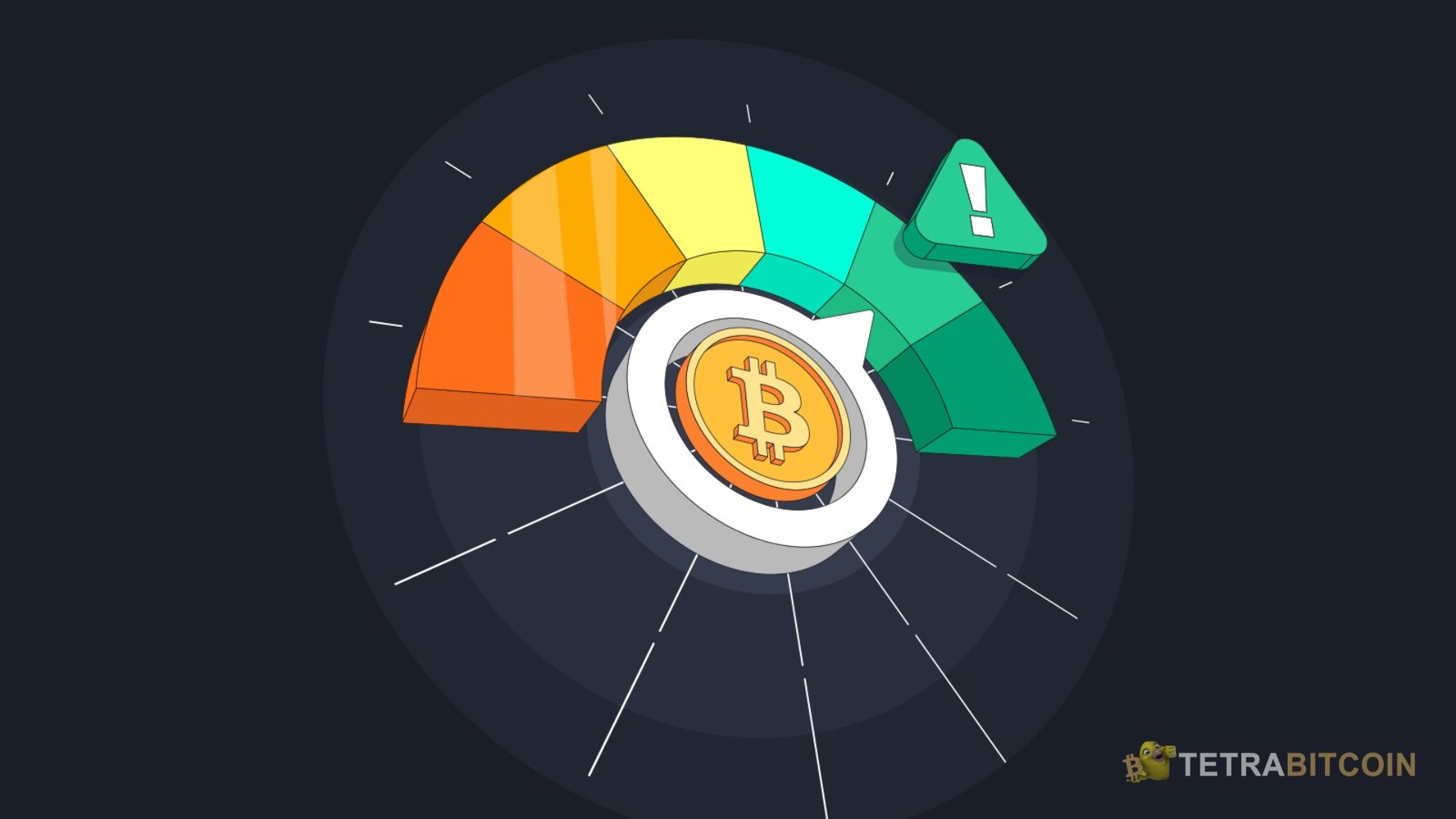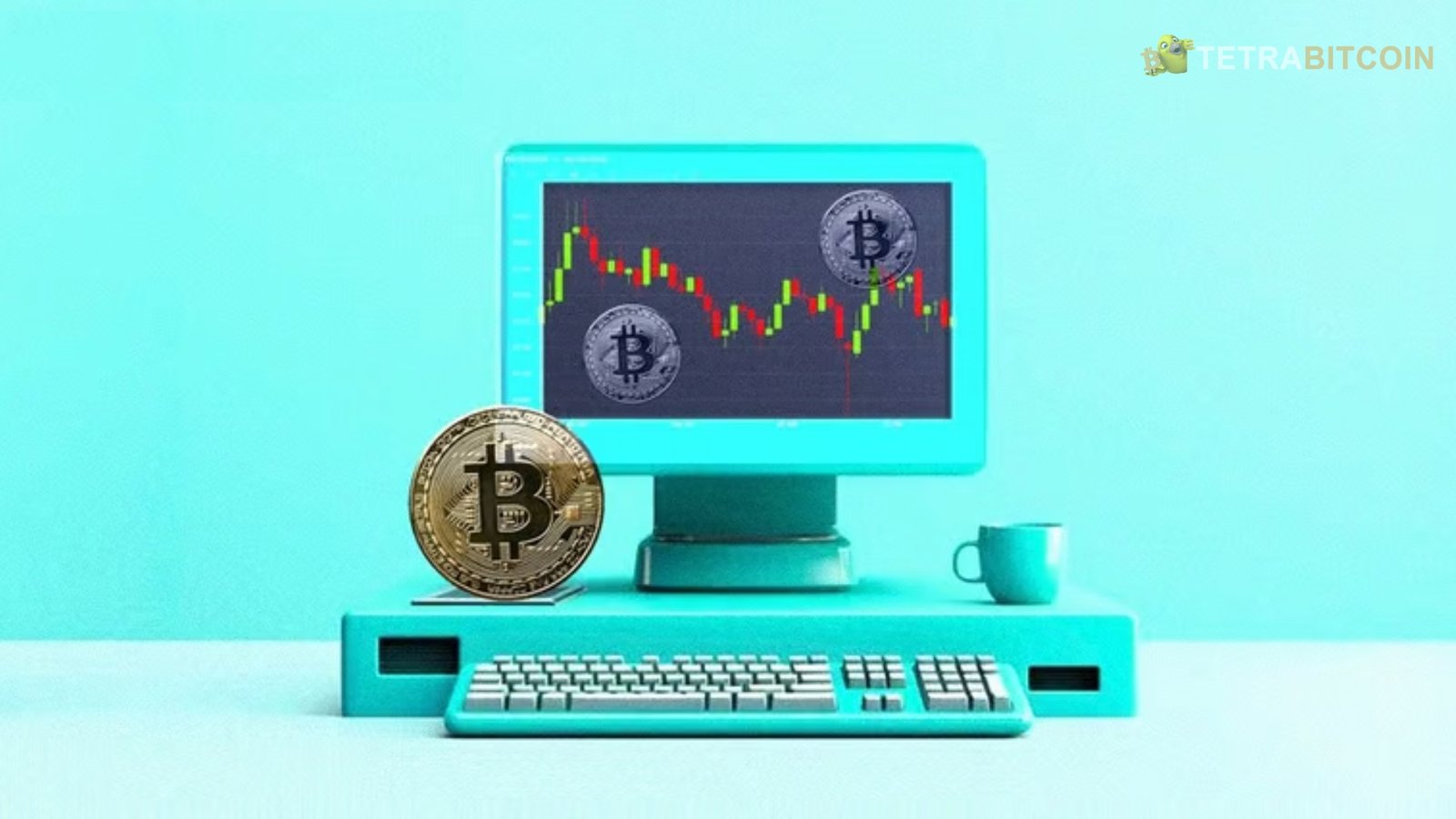How to Invest in Bitcoin: Bitcoin, the world’s first and largest cryptocurrency, has captured investors’ imagination since its creation in 2009 by the pseudonymous Satoshi Nakamoto. Its meteoric rise in value, decentralized nature, and potential as a hedge against inflation has drawn significant attention from institutional and individual investors alike. However, investing in Bitcoin requires understanding the market, as it’s highly volatile and different from traditional assets. Suppose you’re new to Bitcoin or looking to refine your investment strategy. In that case, this guide will walk you through the steps, considerations, and techniques necessary to make informed decisions.
Understand Bitcoin and Blockchain Technology
Before diving into how to invest, it’s crucial to understand what Bitcoin is and how it works. Bitcoin operates on a decentralized network using blockchain technology, a public ledger that records all transactions. Unlike fiat currencies, Bitcoin is not controlled by any government or central authority. This decentralization is one of the key factors driving its popularity.
Key Features of Bitcoin:
- Limited Supply: Bitcoin has a hard cap of 21 million coins, meaning there will never be more than that in circulation.
- Decentralization: No single entity controls Bitcoin; it’s maintained by a network of nodes (computers).
- Transparency and Security: Bitcoin transactions are recorded on a public ledger that anyone can view, making it transparent, but it also offers anonymity for users.
Understanding these core features will help you appreciate Bitcoin’s value proposition and why it has been called “digital gold.”
Evaluate Your Investment Goals and Risk Tolerance
Like any investment, your decision to invest in Bitcoin should align with your financial goals and risk tolerance. Bitcoin is known for its extreme price volatility. While this can lead to high returns, it exposes investors to significant risk.
Questions to Ask Yourself:
- Why are you investing? Is it for long-term wealth generation, short-term gains, or a hedge against economic instability?
- How much can you afford to lose? You should never invest more than you can afford to lose, especially in a volatile market like Bitcoin.
- What’s your investment horizon? Are you planning to hold Bitcoin for the long term (HODL), or are you aiming for short-term trading profits?
Choose a Secure Bitcoin Wallet
Before buying Bitcoin, you’ll need a secure place to store it. A Bitcoin wallet is a software program or a hardware device that stores the private keys necessary to access your Bitcoin.
Types of Bitcoin Wallets:
- Hot Wallets (Software Wallets): These are connected to the internet and include mobile apps, desktop programs, and web-based wallets. While convenient, they are more vulnerable to hacking. Examples include Coinbase, Exodus, and Electrum.
- Cold Wallets (Hardware/Offline Wallets): These wallets are offline, making them more secure. They are typically USB-like devices (e.g., Ledger Nano X, Trezor). Cold wallets are recommended for long-term storage of large amounts of Bitcoin.
Using a wallet with solid security features, including two-factor authentication and backup options, is essential to recover your funds if needed.
Choose a Reliable Exchange
To purchase Bitcoin, you’ll need to register with a cryptocurrency exchange. These platforms allow users to buy, sell, and trade Bitcoin for other assets or fiat currencies. When selecting an exchange, consider the following factors:
Criteria for Choosing an Exchange:
- Security: Does the platform have a strong track record of protecting user funds? Have they ever been hacked? Look for exchanges that offer insurance or keep a large percentage of funds in cold storage.
- Liquidity: High liquidity ensures you can easily buy or sell Bitcoin at market prices.
- Fees: Different exchanges charge various fees for trading, withdrawals, and deposits. Be sure to check these, as they can impact your profits.
- User Interface: If you’re a beginner, you may prefer an easy-to-use and easy-to-understand platform.
- Reputation: Research the exchange’s reviews, community trust, and how long they’ve been operating.
Popular Exchanges:
- Coinbase: Known for its user-friendly interface, Coinbase is one of the most popular choices for beginners.
- Binance: Offers a wide variety of cryptocurrencies and trading features, making it popular with experienced traders.
- Kraken: Known for its strong security and range of trading pairs.
Once you’ve chosen an exchange, you must create an account, verify your identity (KYC – Know Your Customer), and link a bank account or payment method to fund your purchases.
Decide How Much Bitcoin to Buy
There’s no minimum amount of Bitcoin required to invest. Bitcoin is divisible up to 8 decimal places so that you can buy a fraction of it, known as a “Satoshi.” For example, if Bitcoin trades at $30,000 and you only have $500 to invest, you can purchase 0.01667 BTC.
Dollar-Cost Averaging (DCA) Strategy
A popular investment strategy is to use dollar-cost averaging, where you invest a fixed amount of money in Bitcoin at regular intervals, regardless of the price. This method reduces the impact of market volatility and helps investors avoid the emotional highs and lows associated with price swings. For example, instead of investing $5,000 all at once, you could invest $500 monthly for ten months. This approach helps mitigate the risk of buying at a market peak.
Consider Long-Term vs. Short-Term Investment Strategies
There are different strategies for investing in Bitcoin depending on your goals:
- Long-Term Holding (HODLing): Many investors adopt the “HODL” strategy, which stands for “Hold On for Dear Life.” The idea is to buy and hold Bitcoin over a long period, regardless of market volatility, believing its value will increase significantly over time.
- Short-Term Trading: If you have a higher risk tolerance, consider short-term trading. This involves buying and selling Bitcoin based on price fluctuations in the market. Active traders use technical analysis, market indicators, and price patterns to make informed decisions.
- Day Trading: Opening and closing positions within the same day.
- Swing Trading: Holding positions for days or weeks to capitalize on market swings.
Remember that short-term trading can be stressful and requires constant attention to market movements.
Stay Informed and Monitor the Market
The cryptocurrency market constantly evolves, and staying informed is crucial for making sound investment decisions. Market sentiment, regulatory news, and technological advancements can significantly impact the price of Bitcoin.
Ways to Stay Updated:
- News Sources: Follow reputable cryptocurrency news outlets like CoinDesk, CoinTelegraph, and Bitcoin Magazine.
- Twitter and Social Media: Many crypto influencers and analysts share their insights and predictions on platforms like Twitter and Reddit.
- Technical Analysis: Learn the basics of chart reading and market indicators to analyze price movements.
Tax Considerations
In many countries, Bitcoin is considered a taxable asset. Any gains from selling Bitcoin could be subject to capital gains tax. Be sure to understand the tax laws in your country and consult a tax professional if necessary. For example, in the U.S., the IRS requires that you report Bitcoin transactions and pay taxes on any profits from buying and selling the asset.
Beware of Scams and Fraud
The cryptocurrency space is not without risks beyond volatility. Scams, frauds, and phishing attacks are expected. Always be cautious and follow best security practices.
Common Scams to Watch Out For:
- Ponzi Schemes: These promise high returns with little risk but are unsustainable and collapse over time.
- Fake Exchanges: Always use well-established exchanges, as fake platforms can steal your money.
- Phishing: Be wary of suspicious emails or websites that try to steal your login information.
Conclusion
Bitcoin offers incredible opportunities for investors, but it’s not without risks. Whether investing as part of a diversified portfolio or as a speculative asset, it’s essential to research, plan, and invest responsibly. By understanding the fundamentals of Bitcoin, choosing the right wallet and exchange, employing sound investment strategies, and staying informed, you can navigate the world of Bitcoin investment with greater confidence.

